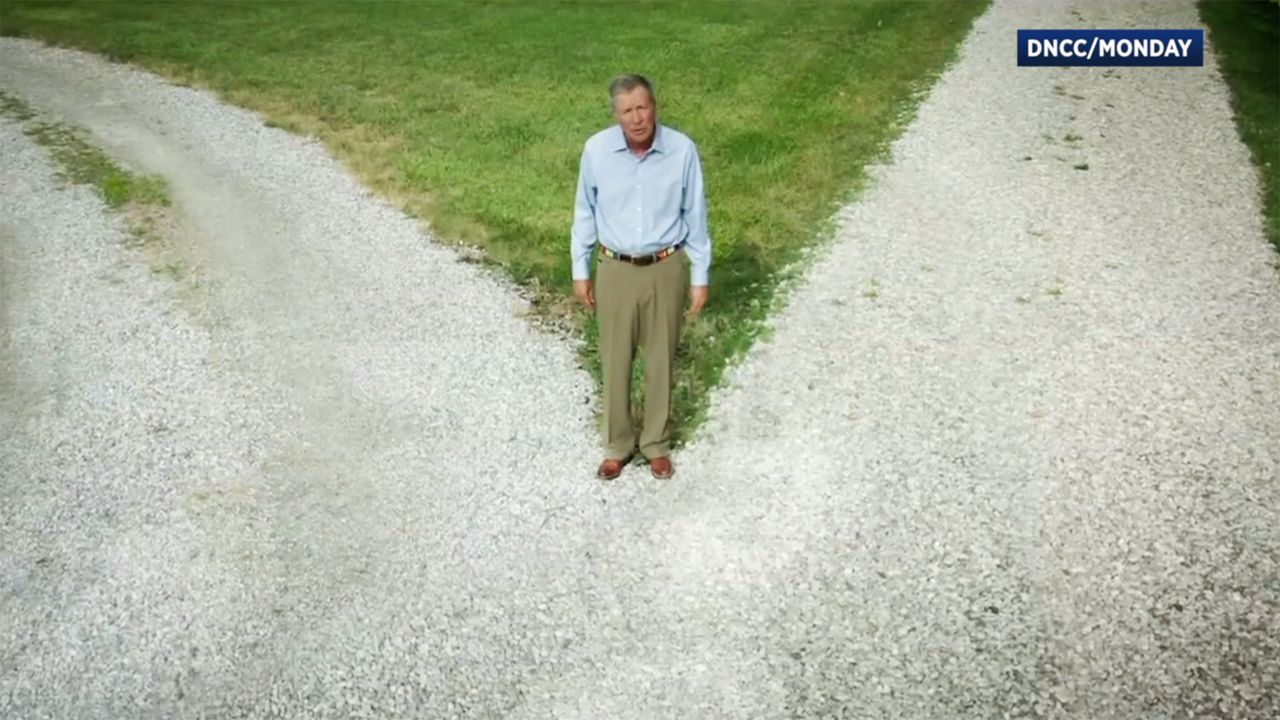OHIO — The coronavirus has quickly become the topic of many conversations, but also many arguments.
“You read 200 comments on a post just asking about why are people wearing masks at this place, and it’s all insulting and rude and you get to the end and you realize it was never even resolved,” said Alex Waldron.
Just like his trips to get coffee, Waldron finds himself navigating conversations about COVID-19 on a weekly basis.
“I see so much online and I’ve heard so many stories from people who they just get in these fights with people because it’s a bunch of disrespect, and I mean, none of us will have the same opinions; not all of us will at least on COVID-19.”
It’s this type of divisiveness Ohio Northern University Professor of Communication Studies Jennifer Walton says has progressively gotten worse.
“In recent years we have entered a very negative communication climate where we tend to try to attack first and don’t try to get through any reasoning or logic,” said Walton.
Walton shares some advice on how to talk with loved ones who may not be on the same page as you when it comes to COVID-19.
“It’s best if you can acknowledge how they feel, ask them why they feel the way they do, without judgement, without defensiveness — just a kind, calm conversation.”
But she says agreeing to disagree doesn’t mean you have to damage or end a relationship.
“Just say, ‘once it’s safe we’ll get together again and we can talk over the phone on FaceTime and Zoom until then.’”
It’s a concept that seems pretty simple, but one Waldron says isn’t always easy.
It’s definitely really hard when we’re talking about something that impacts the community as a whole, but at a certain point you sort of have to realize what’s being productive and what’s not and I’ve definitely come across that,” said Waldron.
And when it comes to being productive, Walton advises talking online is not.
“If you are dealing with acquaintances or strangers online, just don’t. No good comes out of it and you can’t change someone’s behavior; you can only be responsible for yourself,” said Walton.
And though Waldron thinks it’s common for people to clash over COVID-19 perspectives, it’s not necessary.
“I think if we could come from a place of acceptance and willing to listen and mature conversations rather than hate. I think it would be a lot more productive in those conversations,” said Waldron.




